Tips for Troubleshooting Your Centrifugal Evaporator
Problem 1: Weak vacuum
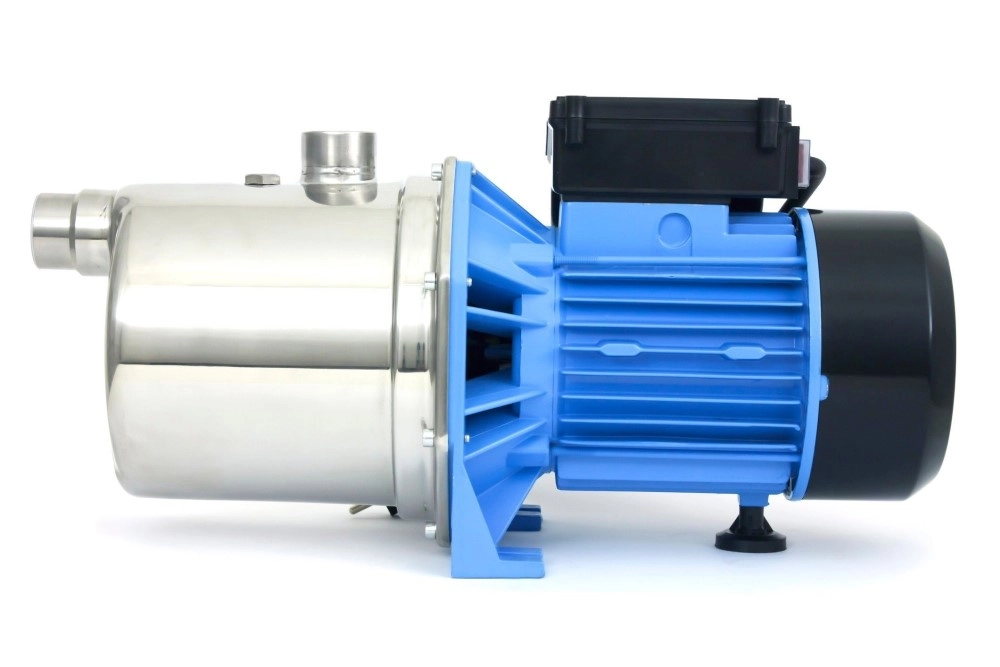
Change the vacuum pump oil and run the evaporator again. If the vacuum is stronger, then you’ve eliminated the root problem of contaminated oil. If the vacuum is still weak, then proceed to the next step. Clean the lid gasket with an aqueous-based cleaning solution. Depending on the acidity of your samples, it’s possible that grime has built up on your gasket and compromises the seal when the lid is closed. Make sure not to use an acidic cleaning agent as that could erode the gasket, worsening the problem. After cleaning the gasket, run the evaporator again and see if the problem persists. If so, try replacing the vacuum hose. Assuming the new vacuum hose does not help, it is a safe bet that the vacuum pump is malfunctioning. In this case, your options are to either (1) have the pump rebuilt by a qualified service technician or (2) order a new pump.
Problem 2: Evaporator doesn’t spin properly
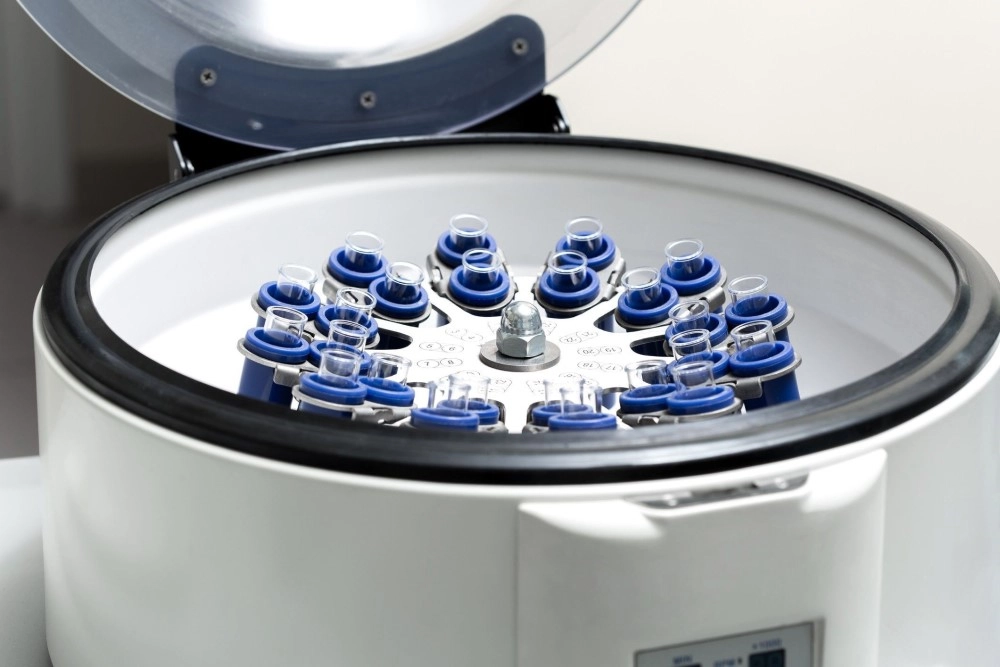
Problem 3: Evaporator doesn’t heat samples effectively
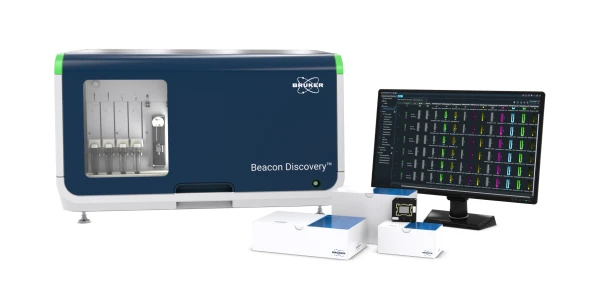
Apr 25, 2025
Product News
Unlock New Possibilities in Single-Cell Analysis with the Bruker Beacon Discovery™ Optofluidic System
Discover Bruker's Beacon Discovery™ Optofluidic System—bringing accessible, high-precision single-cell functional analysis to academic and biotech labs.
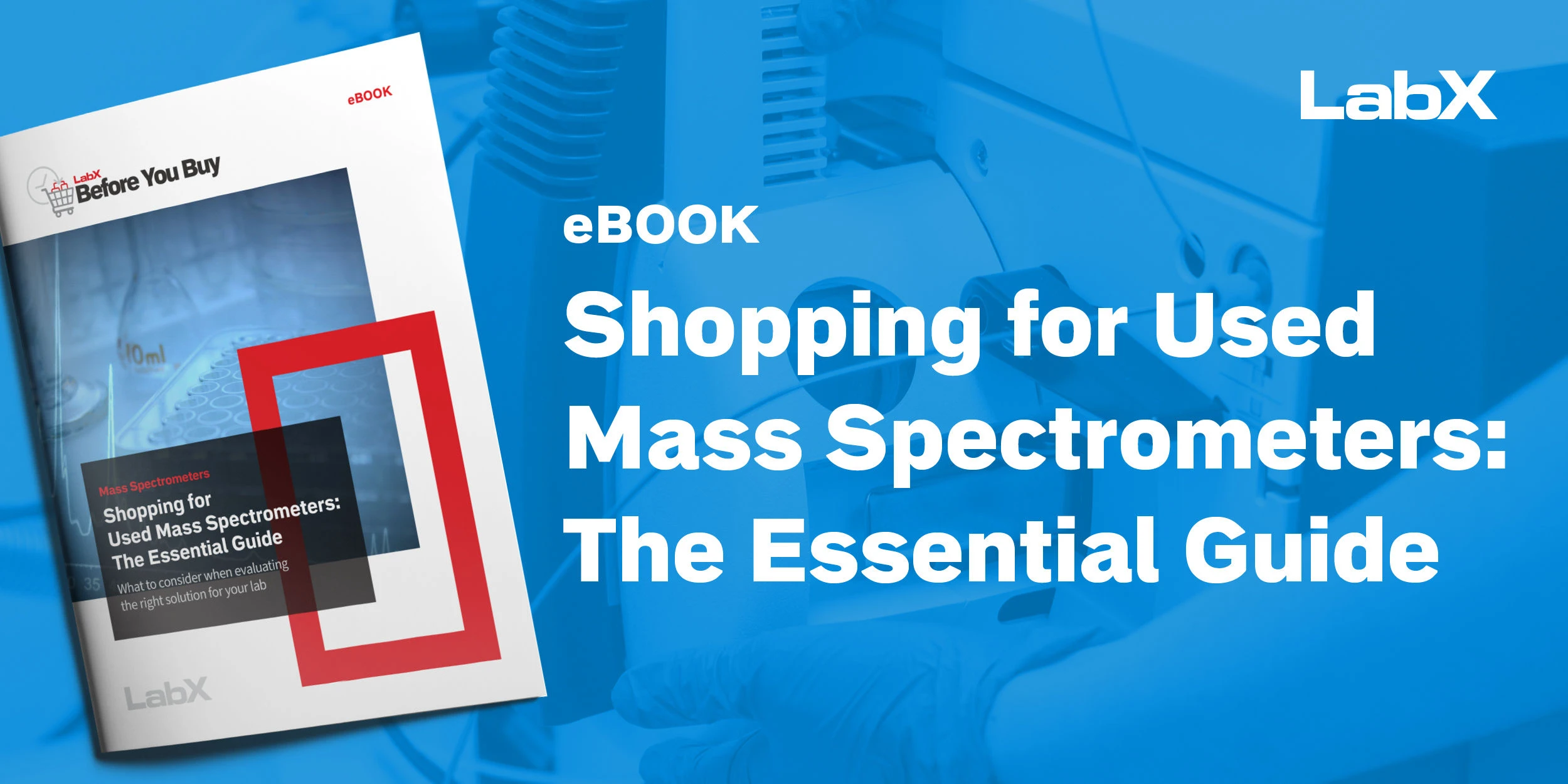
Apr 24, 2025
Buying Guides, Featured
Shopping for Used Mass Spectrometers: The Essential Guide
What to consider when evaluating the right solution for your lab
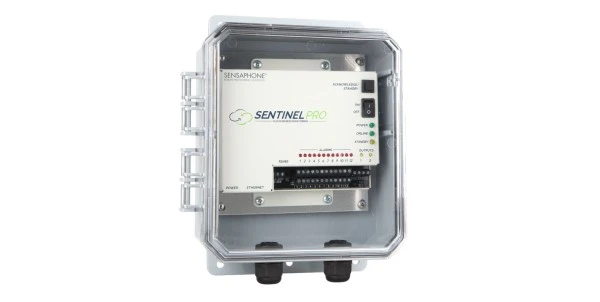
Apr 24, 2025
Product News
Optimize Predictive Maintenance with the Sentinel PRO Remote Monitoring System
Maximize uptime and reduce repair costs with the Sentinel PRO remote monitoring system—your tool for smarter, predictive maintenance strategies.

Apr 23, 2025
Product News
Streamline Target Enrichment with IDT’s xGen Hybridization and Wash v3 Kit
Enhance your NGS cancer research with IDT's xGen Hybridization and Wash v3 Kit—streamlined for speed, sensitivity, and low-input compatibility.
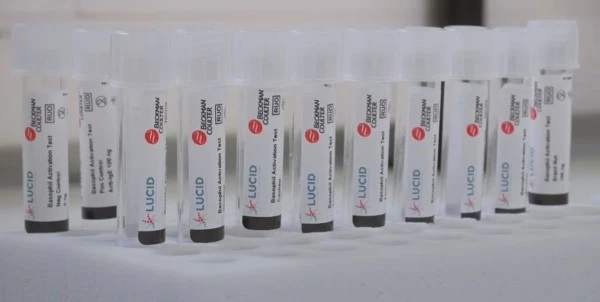
Apr 22, 2025
Product News
Revolutionizing Allergy Research: Beckman Coulter Life Sciences Launches Advanced Basophil Activation Test
Explore Beckman Coulter Life Sciences' new Basophil Activation Test—simplifying food allergy research with dry technology and a streamlined workflow.

Apr 17, 2025
Product News
BlueLot ELN+ Launches as a No-Code Electronic Lab Notebook with Built-in LIMS Features
BlueLot ELN+ by Benchlab Solutions combines ELN and LIMS tools in one no-code platform—ideal for agile R&D labs seeking fast, scalable lab software.
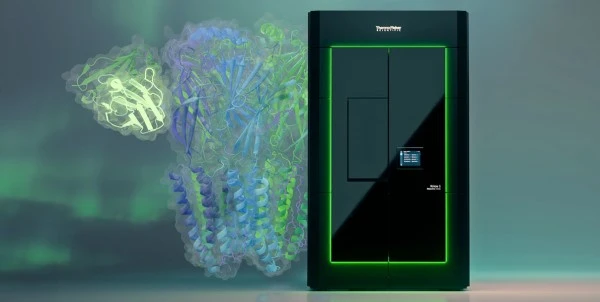
Apr 15, 2025
Product News
Thermo Scientific™ Krios™ 5 Cryo-TEM: Advancing Atomic-Resolution Imaging
Discover the Thermo Scientific Krios 5 Cryo-TEM, featuring AI automation and 25% higher throughput for atomic-resolution imaging in life science research.
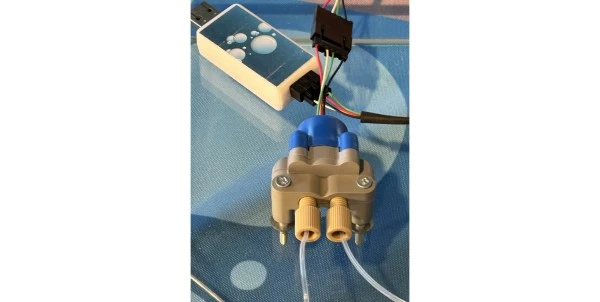
Apr 14, 2025
Product News
QuickStart™ Digital Pressure Sensor Brings Precision Monitoring
Boost lab system control with QuickStart™—a compact, digital in-line pressure sensor for precise, real-time pressure monitoring across fluidic pathways.
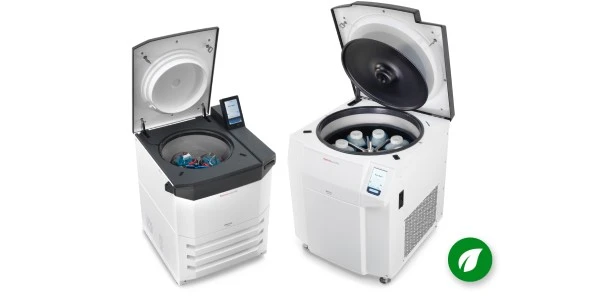
Apr 11, 2025
Product News
Thermo Fisher Launches Eco-Friendly Cryofuge, BIOS, and LYNX Floor Centrifuges
Thermo Fisher unveils Cryofuge, BIOS, and LYNX floor centrifuges with natural refrigerants and energy-efficient designs for high-performance lab applications.
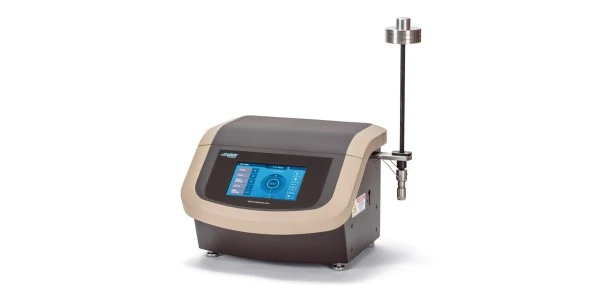
Apr 09, 2025
Product News
Taber® Model 5770 Linear Abraser Offers Enhanced Versatility for Surface Testing
Taber® Model 5770 Linear Abraser from Paul N. Gardner USA delivers flexible, high-precision abrasion testing for flat and contoured surfaces.
